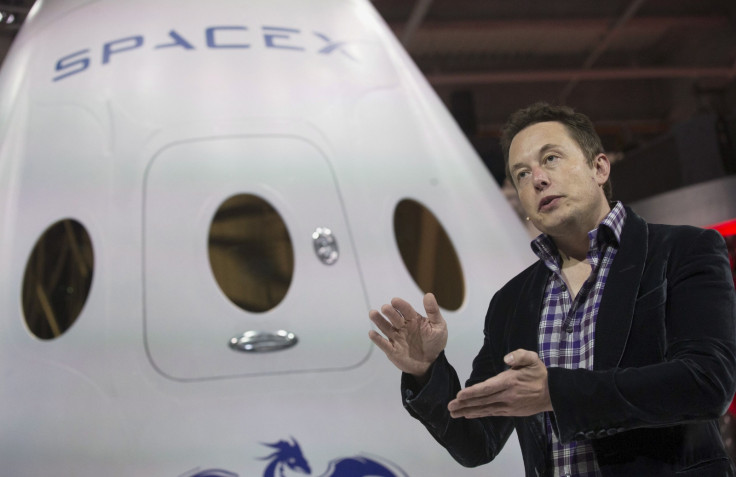Elon Musk: SpaceX rocket explosion 'most difficult and complex failure' in company's history
Tesla CEO responds to Falcon 9 rocket exploding on launchpad with $200m Facebook internet satellite on board.
The explosion that destroyed the SpaceX Falcon 9 unmanned rocket last Thursday (1 September 2016) was the "most difficult and complex failure" in the company's 14-year history, chief executive Elon Musk has said.
Tweeting a week after the 604-ton rocket exploded on its launch pad at Cape Canaveral Air Force Station, two days before it was due to take a $200m (£150m) Facebook-owned satellite into space, Tesla boss Musk said an investigation into what happened is still ongoing.
Musk added: "Important to note that this happened during a routine filling operating. Engines were not on and there was no apparent heat source."
He went on to thank Nasa, the Federal Aviation Authority and the US Air Force for "support and advice", and asked that any recordings of the incident are emailed to SpaceX.
The company, which is experimenting with reusable rockets which can land themselves when they return to Earth, is "particularly trying to understand the quieter bang sound a few seconds before the fireball goes off", Musk said, adding it "may come from rocket or something else."
Musk refuses to call the event an explosion, instead referring to it as "a fast fire".

The incident completely destroyed the rocket and its payload, a $200m (£150m) Facebook satellite designed to bring internet access to sub-saharan Africa. In a statement, SpaceX said it "can confirm that in preparation for today's standard pre-launch static fire test, there was an anomaly on the pad resulting in the loss of the vehicle and its payload. Per standard procedure, the pad was clear and there were no injuries."
Still working on the Falcon fireball investigation. Turning out to be the most difficult and complex failure we have ever had in 14 years.
— Elon Musk (@elonmusk) September 9, 2016
Meanwhile, Facebook chief executive Mark Zuckerberg said he was "deeply disappointed" about the loss of his satellite, which would have "provided connectivity to so many entrepreneurs and everyone else across the continent".
SpaceX has successfully launched 25 rockets from the same site, owned by the US Air Force, since 2010 and Nasa's neighboring Cap Canaveral facility was not damaged by the blast, which could be felt several miles away.
Meanwhile, the explosion has delayed the publication of a blog post by Musk, outlining a set of new features coming to the self-driving Autopilot system in Tesla cars, a company he is also chief executive of. Musk says he will get back to the blog post tomorrow, 10 September.
© Copyright IBTimes 2025. All rights reserved.






















